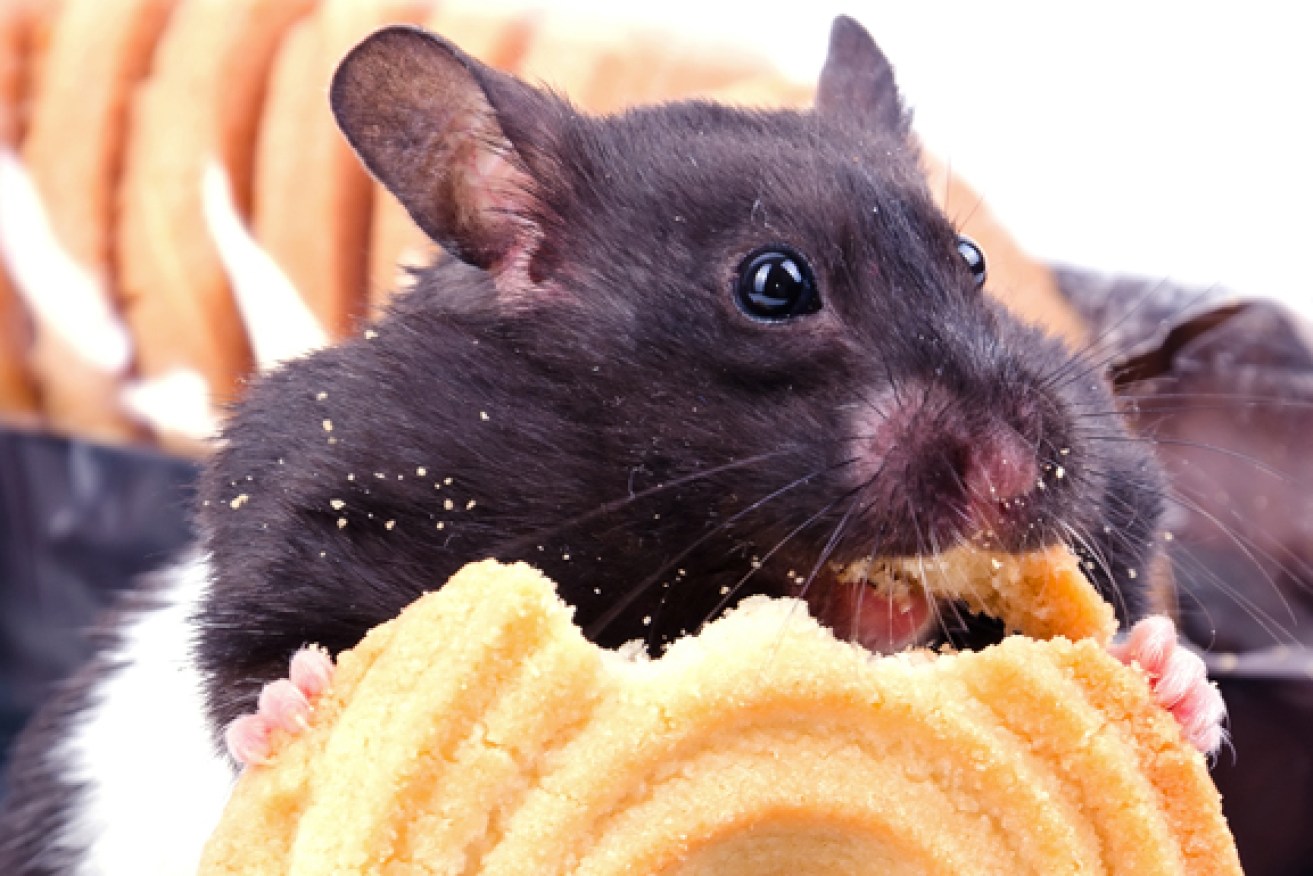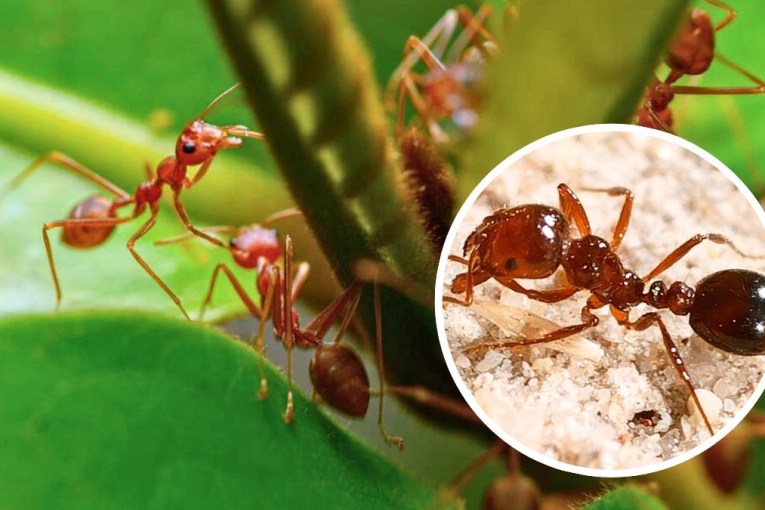Magic pudding: All you can eat and no weight gain, new research suggests


Mice on a high-fat diet, but bred with a missing gene, failed to gain weight. Photo: Shutterstock
With Christmas gorging on the horizon, an Australian-led study has had a tantalising breakthrough: By suppressing a single gene, it appears you can eat as much fatty food as you like and not put on a skerrick of weight.
That’s what happened when mice were engineered to have the gene missing, and fed a diet of up to 60 per cent fat for as long as six months.
No matter how much they ate, the food wasn’t stored in their bodies as unhealthy white fat. The mice also demonstrated improved glucose tolerance.
It is a breakthrough scientists have jumped on, with the hopes a drug in the trial process will be developed to treat obesity in humans.
Super-charged metabolism
“We looked at a variety of different diets with various timespans from eight weeks up to six months, and in every case we saw health improvements in the absence of the RCAN1 gene,” said Professor Damien Keating, research team leader and head of Molecular and Cellular Physiology within the Centre for Neuroscience at Flinders University.
Professor Keating said once the gene – known as RCAN1 – was suppressed, the white fat was turned into “brown” fat and was immediately burnt off as energy.

Professor Damien Keating and a mouse that has enjoyed the lard diet without paying the price. Photo: Flinders University
Even at rest, the food wasn’t stored as fat, but rather was converted to energy. In effect, the mouse metabolism underwent super-charging.
Given that a human’s metabolism tends to compensate for dieting and exercise by holding onto fat – what the body perceives as an emergency response in seemingly starvation conditions – the suppression of RCAN1 via drug therapy would override or disable this often frustrating phenomenon.
New drugs in testing phase
The international team of researchers, which included scientists from the University of Texas Southwestern Medical Centre, have already tested new drugs that target the proteins made by RCAN1.
Professor Keating told The New Daily his team is testing and further developing these drugs to see if they inhibit RCAN1 – and could be developed as simple and less invasive treatment for obesity.
The amount of dieting and exercise required to combat obesity is often found too onerous. The most efficient treatment at the moment is gastric band surgery.
Professor Keating said the hope is that by targeting RCAN1, effectively switching it off chemically, people would burn more calories at rest.
“What’s normally happening, as you become more obese, you see more expression of this gene (the gene becomes more active) and this dampens down your energy expenditure,” he said.
By suppressing RCAN1, he said, “the body would store less fat without the need for a person to reduce food consumption or exercise more”.
The elusive fat switch
The research, published in the journal EMBO Reports, is the latest in the search for the holy grail to turn brown fat into white – the elusive fat switch.
Professor Keating said “the browning or beige-ing of fat cells” had been a focus of research for five years, with promising results.
Brown fat was previously thought to occur only in babies, as a means of keeping them warm until their bodies develop the shiver response. But it is now known that adults also have small numbers of brown fat deposits, near their shoulders.
Brown fat cells have more mitochondria – the energy-producing components of cells – than white fat cells. This is why they burn energy and produce heat more efficiently.
When Professor Keating and his team began studying RCAN1, they found the gene acted as a feedback inhibitor for all kinds of metabolic processes and the production of body heat.
Professor Keating said in evolutionary terms, RCAN1 would have been of benefit to hunter gatherers when food was scarce.
“You would eat intermittently and go through periods when you had little food. When you have a lot of food, the expression of the gene goes up and stores the calories,” he said.
“In today’s environment, there’s a lot of food readily available, junk food is cheap, and we get caught out by this mechanism that drives us to pile on too many calories.”
Two-thirds of Australian adults and a quarter of children are either overweight or obese.








